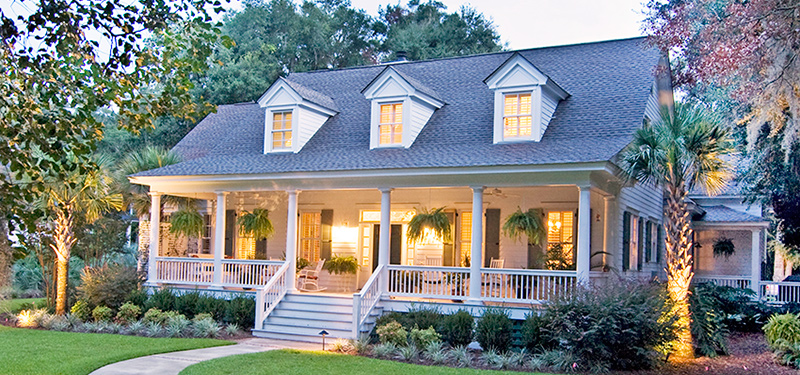A reverse mortgage may allow homeowners 62 and older to access part of the value of their home.
Imagine living in your home without a traditional monthly mortgage payment, or instead, enjoying monthly loan proceeds from the years you’ve invested in your home. After you get a reverse mortgage on your primary residence, repayment is not due until the home is sold, the last borrower passes away or permanently leaves the home. Borrowers also must keep the home in good condition, pay property taxes and keep homeowner’s insurance coverage to avoid the loan becoming due and payable.
A reverse mortgage is a unique mortgage designed for homeowners 62 and older. You may enjoy access to part of the value of your home and the freedom and comfort of the home you’ve known for so many years. It’s your home, now you can put it to work for you.
Reverse mortgage borrowers retain ownership and title to their home. It’s yours just as it was before, but now you may benefit from the equity that’s been building in your home for years. In addition, HECM (Home Equity Conversion Mortgage) reverse mortgage loans give you peace of mind since it is insured by the Federal Housing Administration (FHA) if your home and property are the only assets that secure the loan.
There are some circumstances that will cause the loan to mature and the balance to become due and payable. Borrowers are still responsible for paying property taxes, homeowner’s insurance and maintaining the property to HUD standards. Failure to do so could make the loan due and payable. Credit is subject to age, income standards, credit history, and property qualifications. Program rates, fees, terms, and conditions are not available in all states and subject to change.

In order to retain the home when the reverse mortgage becomes due, the heirs may choose to keep the home by paying 95% of the home's appraised value, less customary closing costs and real estate commissions.
As a protection, all those seeking a reverse mortgage are required to obtain counseling (from an independent HUD-approved third-party counselor) prior to incurring any costs associated with the loan (other than the counseling fee). While proceeds from a reverse mortgage are not subject to personal income taxation, borrowers should seek tax advice on how proceeds may affect government needs-based programs such as Medicaid and Medi-Cal.
Reverse Mortgage Facts:
- A Reverse mortgage is a specialized loan for homeowners 62 and older.
- A reverse mortgage allows older homeowners to access a portion of the value of their home.
- Borrowers maintain title and ownership of their home*.
-
The cash or proceeds you receive from a reverse mortgage typically are not subject to individual income taxation. However, we suggest you consult your tax advisor to provide guidance for your particular situation.
-
Reverse mortgage proceeds could affect government needs-based programs such as Medicaid and Medi-Cal. Those receiving such benefits should consult a professional before obtaining a reverse mortgage.
- It is not a government grant, but a loan that is repaid in the future when the home is sold or the last borrower dies or permanently leaves their residence.
- A reverse mortgage is eligible only for the borrower’s primary or principal residence.
- HUD counseling (from an independent HUD-approved third-party counselor) is required prior to the borrower incurring any costs associated with the loan.
- A reverse mortgage loan is secured by a mortgage on the home and failure to comply with loan terms could result in foreclosure.




